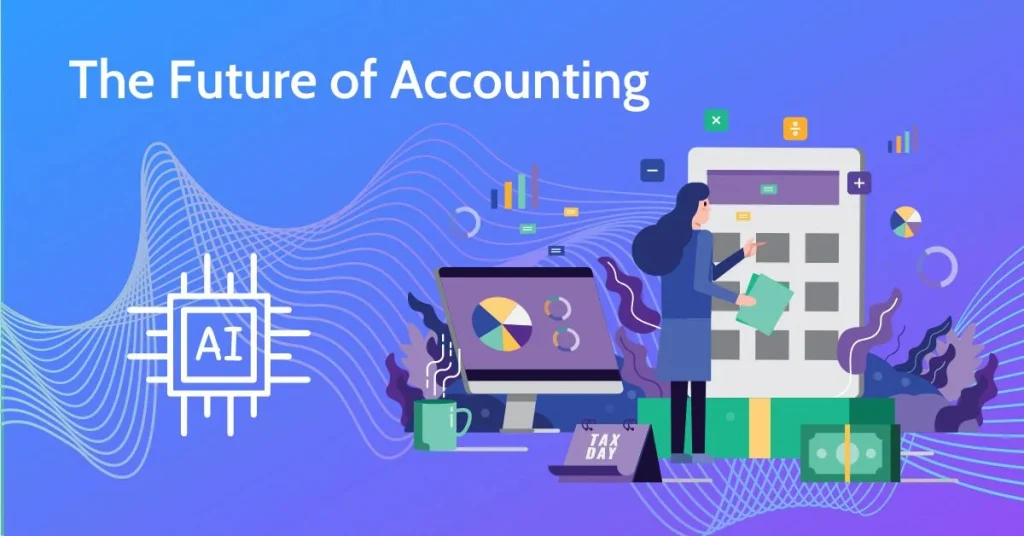Comparison of Features and Pricing

When comparing accounting software options, it's essential to consider factors such as pricing models, core features, and additional tools and add-ons.
Pricing Models
Most accounting software providers offer subscription-based pricing models with tiered plans based on the size and needs of your business. Compare pricing plans to ensure you're getting the best value for your money.
Core Features
Look for accounting software that offers core features such as invoicing, expense tracking, bank reconciliation, and financial reporting. Evaluate how each software solution handles these essential tasks and whether they meet your business requirements.
Additional Tools and Add-Ons
Consider whether the accounting software offers additional tools and add-ons that can enhance its functionality, such as payroll processing, inventory management, or project accounting. These extras can add significant value to your investment.
Case Studies and Success Stories

Before making a decision, take the time to research case studies and success stories from other businesses that have implemented the accounting software you're considering. Hearing about real-world experiences can help you better understand how the software performs in different scenarios and industries.
A case study, also called customer success story, is a product marketing document used to show how your clients solved a business problem with the aid of your product or service. Case studies include statistics, quotes, and concrete examples with the goal of credibly demonstrating your capability to deliver results.
Implementation and Training

Once you've chosen an accounting software solution, consider how easy it will be to implement and train your team to use it effectively.
Ease of Implementation
Look for software providers that offer seamless implementation processes and provide support every step of the way. The faster you can get up and running with your new accounting system, the sooner you can start reaping the benefits.
Training Resources
Check whether the software provider offers comprehensive training resources, such as tutorials, webinars, and user guides, to help your team get up to speed quickly. Investing in training upfront can save time and frustration down the line.
Support Services
Finally, consider the level of support provided by the software provider. Look for options that offer responsive customer support, including phone, email, and live chat, to address any issues or questions that may arise.
Future Trends in Accounting Software

Evolution of the Accountant Role
In the future, more transactional work will become automated for accounting, and accountants will increasingly be seen as leaders and decision-makers. More and more, accountants must rely on soft skills, leadership, and other traits associated with emotional intelligence.
As technology continues to evolve, so too does the landscape of accounting software. Here are some future trends to keep an eye on:
Artificial Intelligence and Machine Learning
AI and machine learning technologies are increasingly being integrated into accounting software to automate tasks, identify patterns, and provide insights into financial data.
Blockchain Integration
Blockchain technology holds the potential to revolutionize accounting by providing transparent, tamper-proof records of financial transactions and streamlining processes such as auditing and compliance.
Predictive Analytics
Predictive analytics tools are becoming more prevalent in accounting software, allowing businesses to forecast future trends and make data-driven decisions with greater accuracy.
How is AI used in accounting?
Bookkeeping automation: AI-powered software can automatically categorize expenses, reconcile accounts, and generate financial reports. This saves time and reduces the risk of manual errors for firms
Conclusion
Upgrading your accounting system is a crucial step towards ensuring the financial health and success of your business. By investing in modern accounting software that offers advanced features, scalability, and security, you can streamline your financial processes, reduce errors, and gain valuable insights into your business's performance.
FAQs
- Is cloud-based accounting software secure?
- Yes, most cloud-based accounting software providers offer robust security measures to protect your data from cyber threats.
- Can I customize accounting software to suit my business's unique needs?
- Many accounting software solutions offer customization options or integrations with third-party apps to tailor the software to your specific requirements.
- How long does it take to implement a new accounting system?
- Implementation times can vary depending on the complexity of your business and the software you choose, but many providers offer expedited implementation processes.
- What kind of support is available for accounting software users?
- Most accounting software providers offer various support options, including phone, email, and live chat support, as well as comprehensive training resources.
- Are there any hidden costs associated with accounting software?
- It's essential to carefully review pricing plans and terms of service to ensure you understand any potential additional costs, such as fees for add-on features or upgrades.